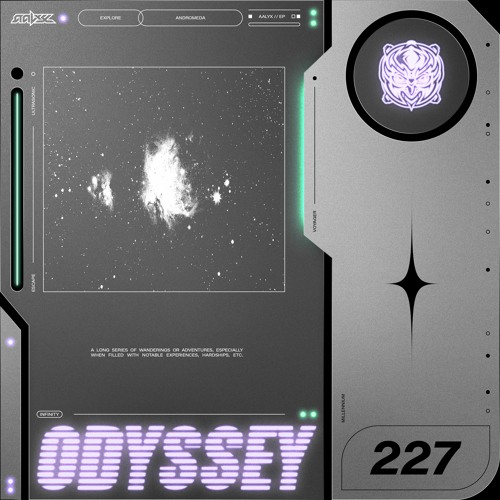The Odyssey: Homer’s Timeless Epic and Its Relevance Today

Introduction
The Odyssey, an epic poem attributed to the ancient Greek poet Homer, stands as one of the most significant works of literature in history. Composed in the 8th century BC, it vividly narrates the adventures of Odysseus as he journeys home after the Trojan War. The poem not only focuses on themes of heroism, perseverance, and the quest for identity but also encapsulates the values of ancient Greek society. Its relevance extends beyond classical studies, influencing a vast array of literary works, movies, and cultural discussions even in contemporary times.
The Narrative and Themes
Comprising 24 books, The Odyssey details Odysseus’s tribulations as he encounters mythical creatures, divine beings, and perilous challenges that test his ingenuity and willpower. The journey is marked by themes of loyalty, the struggle against fate, and the importance of intelligence over strength, a reflection of the values held dear in Homeric society. For instance, Odysseus’s cunning plan involving the Trojan Horse demonstrates the significance of wit and strategy in achieving success.
Another prevalent theme in The Odyssey is the concept of homecoming, or ‘Nostos.’ Odysseus’s longing to return to his wife, Penelope, and his kingdom of Ithaca serves as a poignant reminder of the human desire for belonging and stability. This quest resonates with readers today, as it evokes a shared understanding of the challenges faced in the pursuit of personal and familial fulfillment.
Modern Relevance
The influence of The Odyssey extends well beyond literary circles. Its elements have appeared in numerous adaptations across various media, including films, literature, and theater. Recent cinematic interpretations, such as the animated film ‘O Brother, Where Art Thou?’ and the modern retelling in novels like ‘The Penelopiad’ by Margaret Atwood, illustrate the poem’s lasting impact on storytelling.
Moreover, The Odyssey prompts discussions around ethics, leadership, and the human condition. Its exploration of themes such as loyalty, revenge, and justice remains pertinent, inviting readers to draw connections between Odysseus’s challenges and their own contemporary experiences. In an increasingly complex world, the moral dilemmas faced by Odysseus can serve as a lens through which we examine our values and choices.
Conclusion
The Odyssey is not just a tale of adventure; it is a profound exploration of the human experience that continues to resonate with audiences today. As we navigate our journeys in life, the lessons from Homer’s epic remind us of the enduring attributes of resilience, wisdom, and the intrinsic yearning for home. In a fast-paced, ever-changing society, The Odyssey invites readers to pause and reflect on their personal odysseys, ensuring that its legacy of introspection and storytelling will endure for generations to come.








